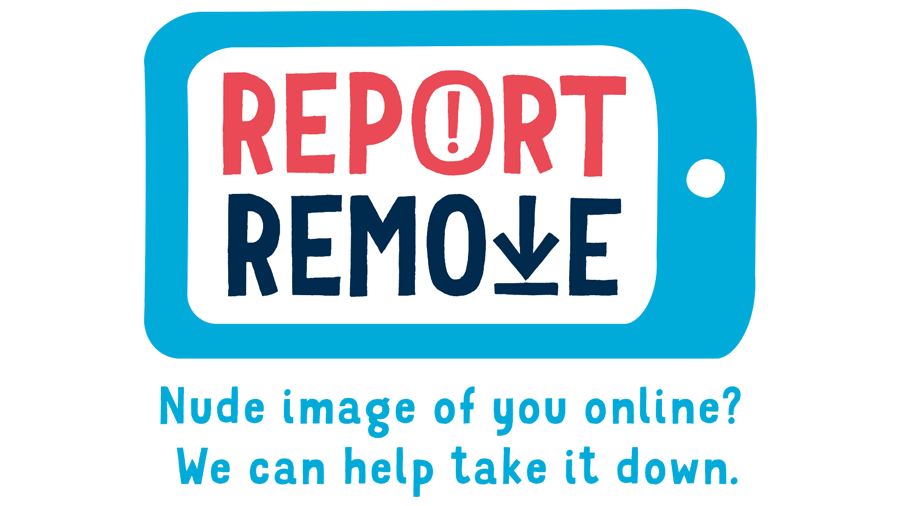Online Safety
Do you need help? Have you witnessed or been part of something online that you are uncomfortable with? Talk to a trusted adult and see the support links below.
Click here to report online abuse
Report Remove is here to help young people under 18 in the UK to confidentially report sexual images and videos of themselves and remove them from the internet.
Childline is a free, 24/7 confidential service run by the NSPCC for children and young people up to the age of 19 in the UK. It offers support and advice on a wide range of topics, including bullying, mental health, and family issues, via phone, online chat, email, and message boards.
Call 101 or 999 if there is an immediate risk of harm to your child
Online Safety at St Stephen's
At St Stephen’s C E Primary School, we use ProjectEVOLVE to deliver a comprehensive, age-appropriate online safety curriculum, ensuring pupils develop the knowledge and skills they need to navigate the digital world safely and responsibly.
We take part in various initiatives such as Safer Internet Day each year as well running e-safety seminars and hosting NSPCC assemblies.
Online Safety for Parents and Carers at St Stephen's
Keeping your child safe online is a shared priority for our school and families. The internet offers fantastic opportunities for learning and connection, but also brings risks that we all need to manage together.
Below you’ll find practical advice, top tips, and trusted resources to help you support your child’s digital safety at home. At the bottom of this page you will find our most recent parent online safety presentation. If you would like to offer suggestions or ask any questions about online safety, please fill in this form - Online Safety - Parent/Carer Suggestions and Questions.
Please contact us directly with any urgent safeguarding concerns.
Why Is Online Safety Important?
- Children use the internet for learning, games, and socialising.
- Risks include inappropriate content, cyberbullying, scams, and contact from strangers.
- Open conversations and clear boundaries help children use technology safely and confidently.
Top Tips for Keeping Your Child Safe Online
-
Talk regularly
Ask your child about their favourite apps, games, and websites. Encourage them to share if something worries them. -
Set boundaries
Agree rules on screen time, device use, and the types of sites or apps they can access. -
Use parental controls
Set up filters and privacy settings on your home WiFi and your child’s devices. -
Check age ratings
Make sure your child only uses age-appropriate games, apps, and platforms. -
Encourage privacy
Teach your child not to share personal information or passwords online. -
Keep devices in shared spaces
Supervise younger children and keep screens in family areas where possible. -
Know how to report
Show your child how to block and report users or content.
Recommended Resources
From LGfL (London Grid for Learning)
- ParentSafe Portal:
A one-stop hub of guides, controls, and safety tips
https://parentsafe.lgfl.net/ - Online Safety Checklists:
Easy-to-follow guides for setting up devices
https://parentsafe.lgfl.net/checklists
From The National College
- National Online Safety Guides for Parents:
Downloadable guides on trending apps, games, and online risks
https://nationalcollege.com/guides
(Create a free account as a parent for full access.)
Other Trusted Resources
- Thinkuknow (National Crime Agency):
https://www.thinkuknow.co.uk/parents/ - Internet Matters:
https://www.internetmatters.org/advice/
What to Do if You’re Concerned
- Stay calm and listen to your child.
- Take screenshots or evidence if you need to report something.
- Report to the platform and, if needed, contact the school’s safeguarding team or the police.
Our designated safeguarding lead can be reached at info@st-stephens.richmond.sch.uk
Online Safety Parent Sessions
Please click on the link below to view our most recent parent/carer online safety training - Let's Talk About Online Safety 2025. Please note that on the final slide, you will see a QR code to access a form to let us know of any online safety areas you would like further training on in the future.
Online Bullying
Even if you think your child is safe online, it's a good idea to give them an idea of what to do if they suddenly feel threatened or intimidated; or even just a little uncomfortable.
We reinforce this message by reminding our children often to speak to a trusted adult if they experience anything they are uncomfortable with online. At the start of each term, children write down their trusted adults, both at school and home, so that they know who to turn to.
If you are concerned that your child is being bullied online, please let a DSL at St Stephen's know.
St Stephen's School - Smartphones and Devices - A Statement of Intent
At St Stephen’s, our priority is to provide a safe, focused, and nurturing learning environment in which all children can thrive. We recognise the growing presence of smartphones and smart devices in the lives of young people, and the opportunities and challenges they bring.
Our curriculum is carefully designed to alert our children to the benefits and risks of using all technology including computers, tablets/ I-Pads, gaming consoles. We run a number of sessions for parents to support them too.
We do not encourage the purchase of smart phones or smart devices for children of primary school age. However, we understand that the decision to purchase is parental choice and in some cases smart phones are essential e.g. medical needs.
Please read our Smartphones and Devices - A Statement of Intent for further information.
If you would like to offer suggestions or ask any questions about online safety, please fill in this form - Online Safety - Parent/Carer Suggestions and Questions.

.jpg)







 Winchester Road,
Winchester Road,